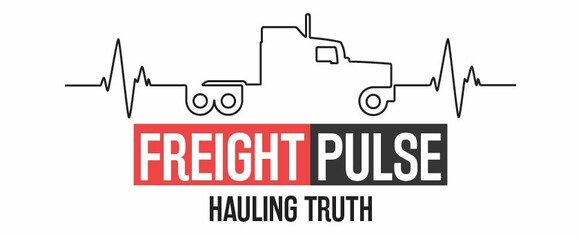The American Transportation Research Institute (ATRI) has released a compelling new study revealing that repealing the outdated 12% federal excise tax (FET) on new trucks and trucking equipment could have transformative effects, not just on the trucking industry, but on public safety, environmental sustainability, and economic efficiency.
A Tax from a Bygone Era, Still Impacting the Present
Originally enacted during World War I to help fund the war effort, the federal excise tax on trucks has long outlived its original purpose. Today, it acts as a major financial barrier to modernizing the nation’s truck fleet, adding anywhere from $20,000 to $50,000 to the price of a single new Class 8 truck. This hefty surcharge discourages investment in newer, safer, and more fuel-efficient vehicles—leaving many fleets stuck with older, higher-emission trucks.
Multiple industry organizations, including the American Truck Dealers (ATD), have been calling for the repeal of this outdated tax for years. Now, ATRI’s latest findings provide fresh data that underscore just how urgent and beneficial this policy shift could be.
Why Repealing the Truck FET Matters
1. A Safer Road for Everyone
Modern trucks come equipped with cutting-edge safety features such as automatic emergency braking, lane departure warnings, blind-spot detection, and adaptive cruise control. These Advanced Driver Assistance Systems (ADAS) have been proven to reduce the risk and severity of accidents.
According to ATRI, repealing the FET would accelerate the turnover of older trucks, bringing newer models with ADAS into circulation more quickly. This could prevent nearly 750 crashes annually, saving an estimated $13.5 billion in crash-related costs over the next decade. For a nation struggling with rising traffic fatalities, especially among heavy vehicles, this is a policy decision with life-saving potential.

2. A Greener, More Sustainable Future
The environmental stakes are equally high. Newer diesel trucks are significantly cleaner than their predecessors, thanks to advancements in emissions control technologies. ATRI estimates that repealing the FET would lead to annual reductions of 1.2 million metric tons of CO₂, amounting to a cumulative 66 million metric tons of avoided emissions over ten years.
At a time when climate change mitigation is a global priority, accelerating fleet modernization could play a pivotal role in meeting U.S. emission reduction goals while improving air quality across communities.
3. Economic Efficiency and Industry Growth
The FET distorts market dynamics by artificially inflating truck prices, slowing replacement cycles, and placing an outsized financial burden on small and mid-sized fleets. By repealing this tax, companies could more easily invest in new equipment supporting truck manufacturers, stimulating dealer sales, and strengthening supply chain reliability.
Additionally, ATRI’s report notes that the FET is a flawed mechanism for funding the Highway Trust Fund. Revenues fluctuate wildly with market cycles in truck sales, making it an unreliable long-term source. A more stable and broad-based funding model would better serve national infrastructure needs.
Industry Leaders Call for Change
“Truck prices clearly impact annual sales for our dealers and reduce our customers’ ability to add new equipment to their fleets,” said Jacqueline Gelb, President of the American Truck Dealers. “This report greatly reinforces one of the key justifications for repealing the FET by quantifying the real-world benefits a repeal will have on the environment and highway safety.”
Repealing the 12% truck excise tax is not just about easing the financial burden on the trucking industry—it’s a clear win for public safety, environmental health, and economic resilience. With the right legislative action, the U.S. can make its roads safer, its air cleaner, and its freight system stronger.
Now is the time for policymakers to act and modernize tax policy in a way that aligns with 21st-century transportation, environmental, and infrastructure goals.

